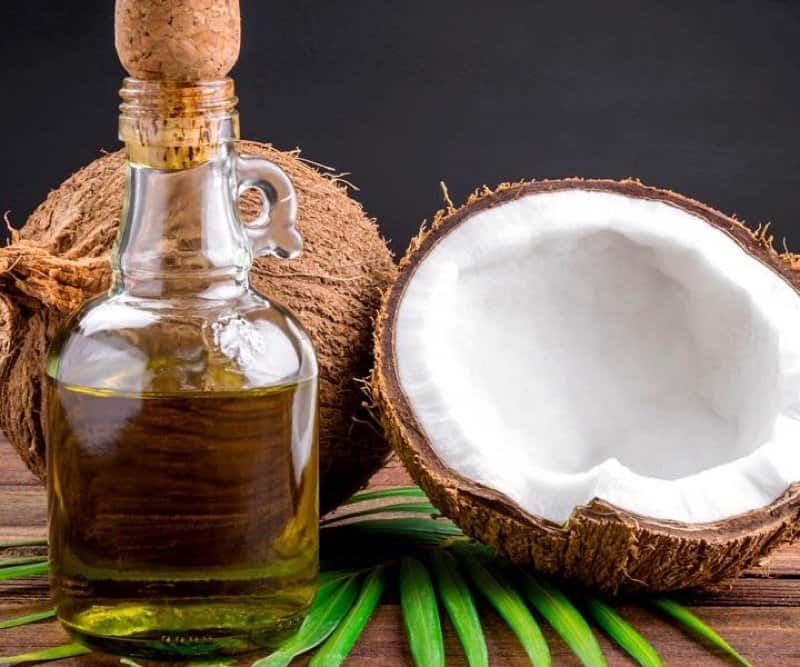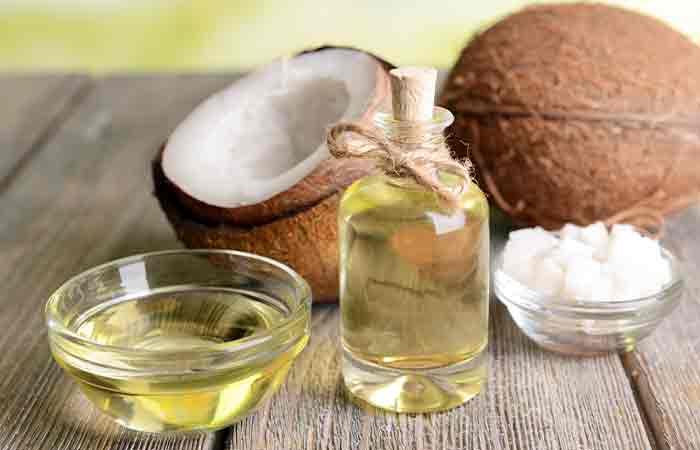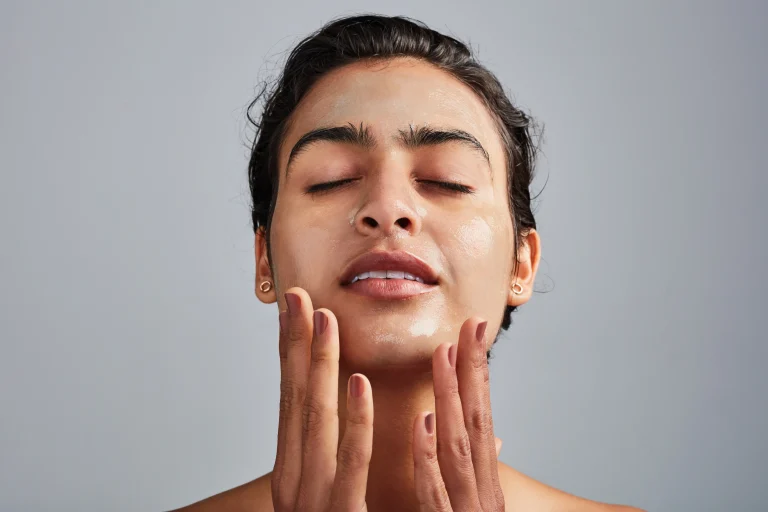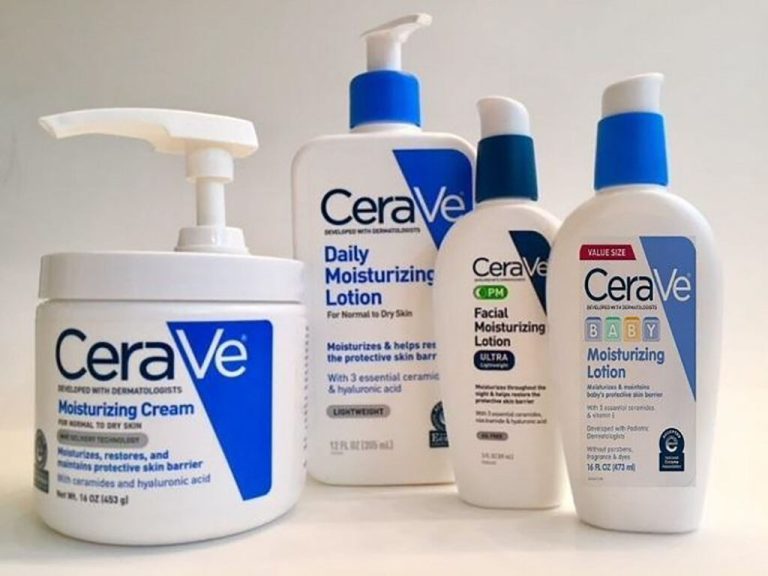Coconut Oil For Tanning: Use it Safely and Effectively
As summer approaches, many of us are thinking about getting that sun-kissed glow. A nice tan can make you look healthy and feel more confident. But tanning also comes with risks like sunburn, premature aging, and skin cancer. That’s why people look for safer alternatives like coconut oil for tanning. But does it really work?
In this informative guide, I’ll explore the facts about using coconut oil for tanning. You’ll learn if it helps you tan faster, how to apply it, and whether it’s truly safe. I’ve also included tips on choosing the best coconut oil products for sunless tanning at home.
Does Coconut Oil Help You Tan?
Contents
- Does Coconut Oil Help You Tan?
- Does Coconut Oil Provide UV Protection?
- Is Tanning With Coconut Oil Safe?
- The Benefits Of Coconut Oil For Tanning And The Skin
- Side Effects And Precautions Of Coconut Oil For Tanning
- How To Apply Coconut Oil For Tanning
- The Best Coconut Oils For Tanning
- Pre-made Coconut Oil Tanning Products
- Conclusion On Coconut Oil For Tanning
To understand if coconut oil can help you get tanned, you first need to know what causes tanning. When your skin gets exposure to UV rays from the sun, it triggers increased production of melanin. Melanin is the pigment that gives your skin a tan color.
Many people believe that applying coconut oil before sunbathing will help enhance tanning. The reasoning is that coconut oil contains nutrients that promote skin health and moisturize deeply. But there’s no scientific proof that coconut oil increases melanin production.
The bottom line is that slathering on coconut oil by itself won’t lead to a deeper, darker tan. Your body’s melanin response to UV exposure determines how much you’ll tan. So coconut oil doesn’t directly help you achieve a tan.

Does Coconut Oil Provide UV Protection?
Some research indicates that certain components in coconut oil may offer moderate sun protection. Lauric acid and medium-chain triglycerides found in coconut oil could block UV radiation from penetrating deeply into your skin.
But most experts agree that coconut oil alone does not provide adequate protection against UV rays. It has a very low SPF that cannot sufficiently prevent sunburn or long-term skin damage from the sun.
That’s why it’s crucial to apply a proper broad spectrum sunscreen of at least SPF 30 along with coconut oil when tanning. Don’t rely on coconut oil as your sole form of sun protection.
Is Tanning With Coconut Oil Safe?

Using coconut oil for tanning does come with some potential side effects and risks. Here are a few important safety considerations:
- Coconut oil is highly moisturizing, which means your skin will be more sensitive to UV radiation. You’ll need a higher SPF sunscreen to protect your skin.
- The oil can clog pores for those prone to acne and blackheads. Make sure to exfoliate regularly.
- Coconut oil softens the top layer of skin, increasing the chances of burning faster. Limit your sun exposure time.
- Allergic reactions to coconut oil are rare but possible. Do a patch test before full application.
- Pay attention to any skin irritation and stop using coconut oil if you notice swelling, redness or rashes.
As long as you take safety precautions, using coconut oil for tanning should not pose major risks for most people. But responsible sun exposure is key.
The Benefits Of Coconut Oil For Tanning And The Skin
Using coconut oil for tanning does offer certain skin benefits:
- It provides deep hydration to replenish moisture lost while in the sun and wind.
- The antioxidants in coconut oil provide relief from UV damage and soothe inflammation.
- Coconut oil can treat skin conditions like eczema, psoriasis and dermatitis when used regularly.
- Applying coconut oil before and after tanning will keep your skin smooth and conditioned.
- It protects against abrasions from sand, salt water and chlorine when swimming and sunbathing.
Thanks to its stellar nutritional profile, coconut oil enhances the overall health of your skin. But again, its ability to produce melanin for tanning is unproven.
Side Effects And Precautions Of Coconut Oil For Tanning
While generally safe, here are some potential side effects to watch out for when using coconut oil for tanning:
- Allergic reactions: Seek medical help if you experience hives, rashes or trouble breathing.
- Clogged pores: Switch to a lighter oil like grapeseed if you’re acne-prone.
- Skin irritation: Discontinue use if you notice any stinging or redness.
- Increased UV sensitivity: Don’t skip the sunscreen when using coconut oil.
- Eye irritation: Avoid contact with eyes as the oil can cause temporary blurred vision.
To minimize risks:
- Do a patch test before full application.
- Choose high-quality, organic virgin coconut oil.
- Apply a thin layer of coconut oil rather than slathering it on.
- Don’t use coconut oil for tanning if you have nut allergies.
How To Apply Coconut Oil For Tanning
If you want to use coconut oil to enhance your tanning experience, here are some tips:
Choose the right coconut oil
Look for pure, organic, extra virgin coconut oil. Avoid coconut oils with additives or chemicals.
Apply sunscreen first
Smooth on a broad spectrum SPF 30+ sunscreen everywhere exposed to the sun. Let it soak in for 20 minutes before the next step.
Spread a thin layer of coconut oil
Use your hands to apply a light coating of coconut oil all over your body. Pay extra attention to dry areas like hands, feet and lips.
Wear protective clothing
Cover up with a hat, UV blocking sunglasses and protective beachwear when out in the sun.
Reapply frequently
Reapply coconut oil and sunscreen every 2 hours or after swimming/sweating heavily.
Check for irritation
Stop using coconut oil if you notice any abnormal skin reactions.
Moisturize after tanning
Slather your skin in coconut oil after sun exposure to hydrate and replenish moisture.
The Best Coconut Oils For Tanning
Not all coconut oils are created equal when it comes to sun protection and skin nourishment. Here’s what to look for:
- Organic: Choose certified organic virgin coconut oil to avoid pesticides or chemicals.
- Unrefined: Go for raw, unrefined coconut oil that retains antioxidants and nutrients.
- Cold-pressed: Look for coconut oils extracted without high heat or solvents.
- Virgin or extra virgin: These varieties provide maximum moisturizing fatty acids and vitamins.
- jars: Opt for opaque, BPA-free containers to maintain freshness.
Some top coconut oil picks for tanning include Anjou Organic Coconut Oil, Nature’s Way Organic Extra Virgin Coconut Oil, and Viva Naturals Organic Extra Virgin Coconut Oil.
Pre-made Coconut Oil Tanning Products
For added convenience, you can find ready-made coconut oil tanning lotions, creams and sunscreens. Popular options include:
- Hawaiian Tropic Coconut Oil Ultra Radiance Sunscreen: Contains mineral SPF 30 sunscreen with hydrating coconut oil. Provides UVA/UVB protection with a radiant shimmery finish.
- Australian Gold Moisture Lock Coconut Oil Lotion: Infused with aloe vera, coconut oil and vitamins A and E for intense hydration. Has SPF 30 broad spectrum protection with a coconut scent.
- Alba Botanica Hawaiian Coconut Oil Sunscreen Lotion: Offers SPF 45 protection with 80 minutes of water resistance. Free of oxybenzone and octinoxate with a non-greasy feel.
- Hempz Original Herbal Body Moisturizer: Vegan formula with coconut oil, ginseng and vitamins C and E for natural tanning. Has a beach-ready mango papaya scent.
When buying pre-made coconut oil tanning products, check the ingredients to ensure transparency and quality. Avoid products with harsh chemicals.
Conclusion On Coconut Oil For Tanning
At the end of the day, there’s no conclusive evidence that coconut oil boosts melanin production or provides great UV protection on its own. But it does offer many benefits for soft, nourished skin while tanning.
The key is using coconut oil responsibly alongside proper sunscreen, protective clothing and limited sun exposure. With some common sense precautions, you can safely optimize your tanning results.
So don’t throw away your sunscreen yet. But do consider keeping some organic coconut oil on hand to make your tanning regimen healthier and more hydrating. Just don’t expect miracles from that bottle of coconut oil in terms of a deeper tan. A balanced approach is best when it comes to basking in those summer rays!

Founded by Sophia Rodriguez, IGXO Cosmetics is a PETA-certified, cruelty-free, and vegan makeup brand.





